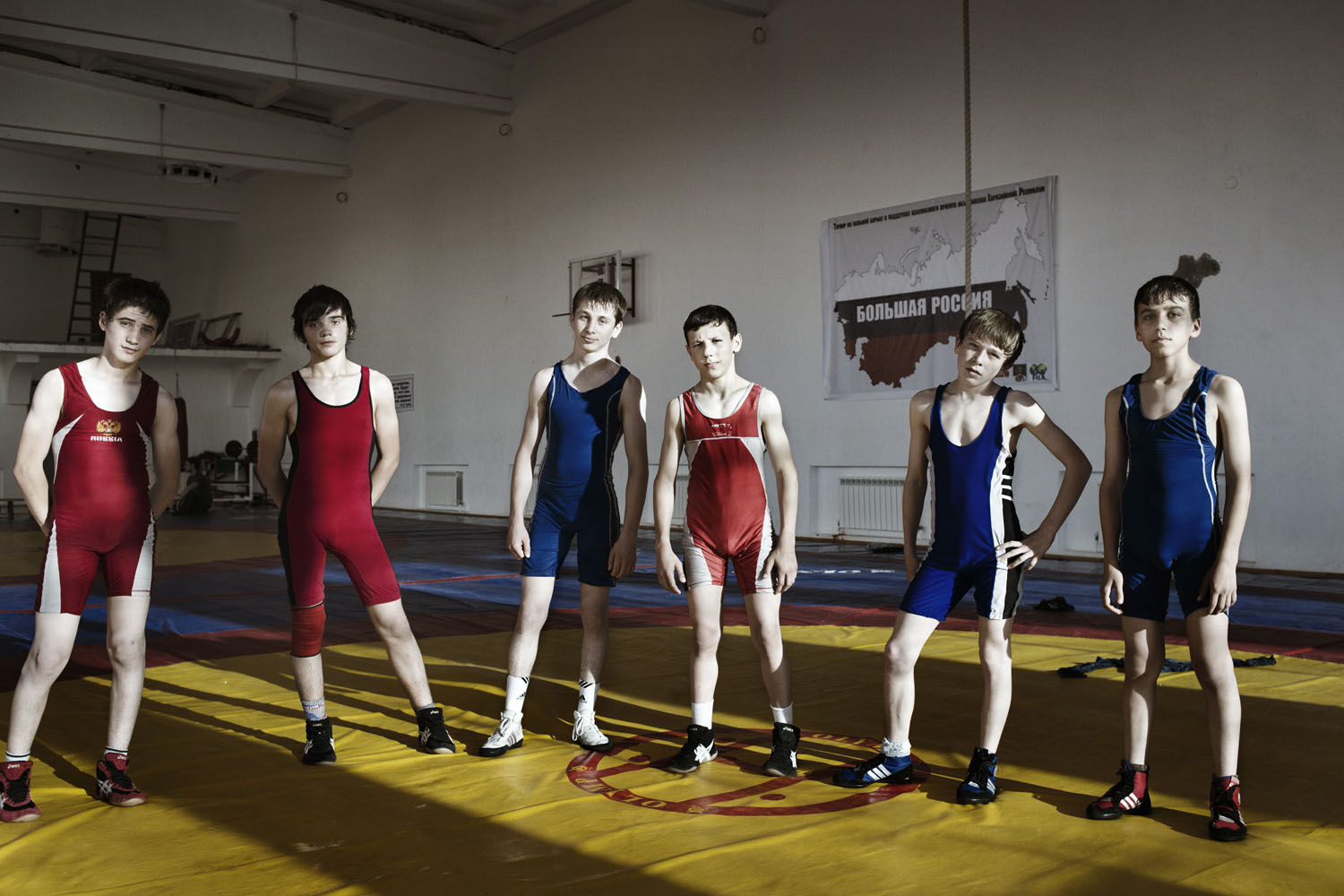
In 1994, when Russia invaded the breakaway region of Chechnya, Yuri Kozyrev, then a freelance photographer, captured some of the most iconic images of the ensuing war. It was too dangerous at the time to live in the Chechen capital of Grozny, which faced heavy Russian bombardment. So he and a group of other reporters (including Marie Colvin, who was killed this year while covering the siege of the Syrian city of Homs) took up residence at a kindergarten called Solnyshka (Sunshine), in the nearby town of Khasavyurt. Lying on the border between Chechnya and the neighboring Russian republic of Dagestan, this town of 130,000 suffered relatively little damage during the war, so journalists, as well as some of the Chechen rebels, used it as a place to rest and resupply before heading back into the war zone.
(For daily coverage of the 2012 Games, visit TIME’s Olympics blog)
In June, Kozyrev returned to Khasavyurt to photograph how the town—and its conflict—have evolved. Although heavy fighting ended with the Russian conquest of Chechnya in 2000, the war left behind an Islamist insurgency that Russia still struggles to quell. On an almost daily basis, rebels inspired by a radical sect of Sunni Islam called Salafism continue to clash with security forces in the region, costing hundreds of lives every year. In Khasavyurt, the Russian effort to counter their influence still scars the unpaved streets. In most neighborhoods, gutted homes mark the sites of “special operations,”the commando raids that use heavy artillery to flush out suspected insurgents. But the town has also been shaped by the central element of Russian soft power in the region: the development of wrestling schools. Much like soccer in the favelas of Sao Paolo and basketball in Harlem, wrestling in Khasavyurt is meant to serve as an inoculation against violence, or at least a distraction from it, by offering the local boys an outlet for their frustrations that does not involve “going to the woods,” the Russian slang for joining the insurgency.
Every year, Moscow pumps roughly a million dollars into Khasavyurt’s five wrestling academies, which have produced an impressive crop of champions. In the past four Olympic cycles, freestyle wrestlers from Khasavyurt have brought home a total of eight gold medals, along with at least 12 world championship titles and countless trophies in national and European tournaments. At the Olympic Games in London, at least two wrestlers from Khasavyurt will compete to affirm the town’s nickname—The Foundry of Champions—which is scrawled on green signs near the central bazaar, showing the legendary Buvaysar Saytiev in the middle of a grapple.
During his visit in June, Kozyrev’s photography focused on Saytiev and his younger brother Adam, who have won four Olympic gold medals in freestyle wrestling between them. For more than a decade, the Saytiev brothers, who are ethnic Chechens, have served as somewhat reluctant poster boys for the notion of pacification through sport. Their wrestling schools have inspired thousands of young men from Khasavyurt to channel their strength into wrestling rather than rebellion, and Kozyrev spent much of his time photographing them train for the London Olympics. But away from the gyms, members of the Khasavyurt wrestling community revealed that the idea of sport as an antidote to extremism is not quite working out as planned. Some of the town’s leading athletes have started “going to the woods” in recent years, and an alarming number of them have been killed as insurgents during shootouts with police. No longer a haven from conflict, the wrestling schools of Khasavyurt, whose students are often as young as 8, have become recruiting ground for Islamists. As Kozyrev concluded after his visit: “This is a town that remains at war.”
Read more about the Chechen wrestlers of Khasavyurt on TIME.com
Simon Shuster is TIME’s Moscow reporter.
Yuri Kozyrev is a contract photographer for TIME and was named the 2011 Photographer of the Year in the Pictures of the Year International competition.
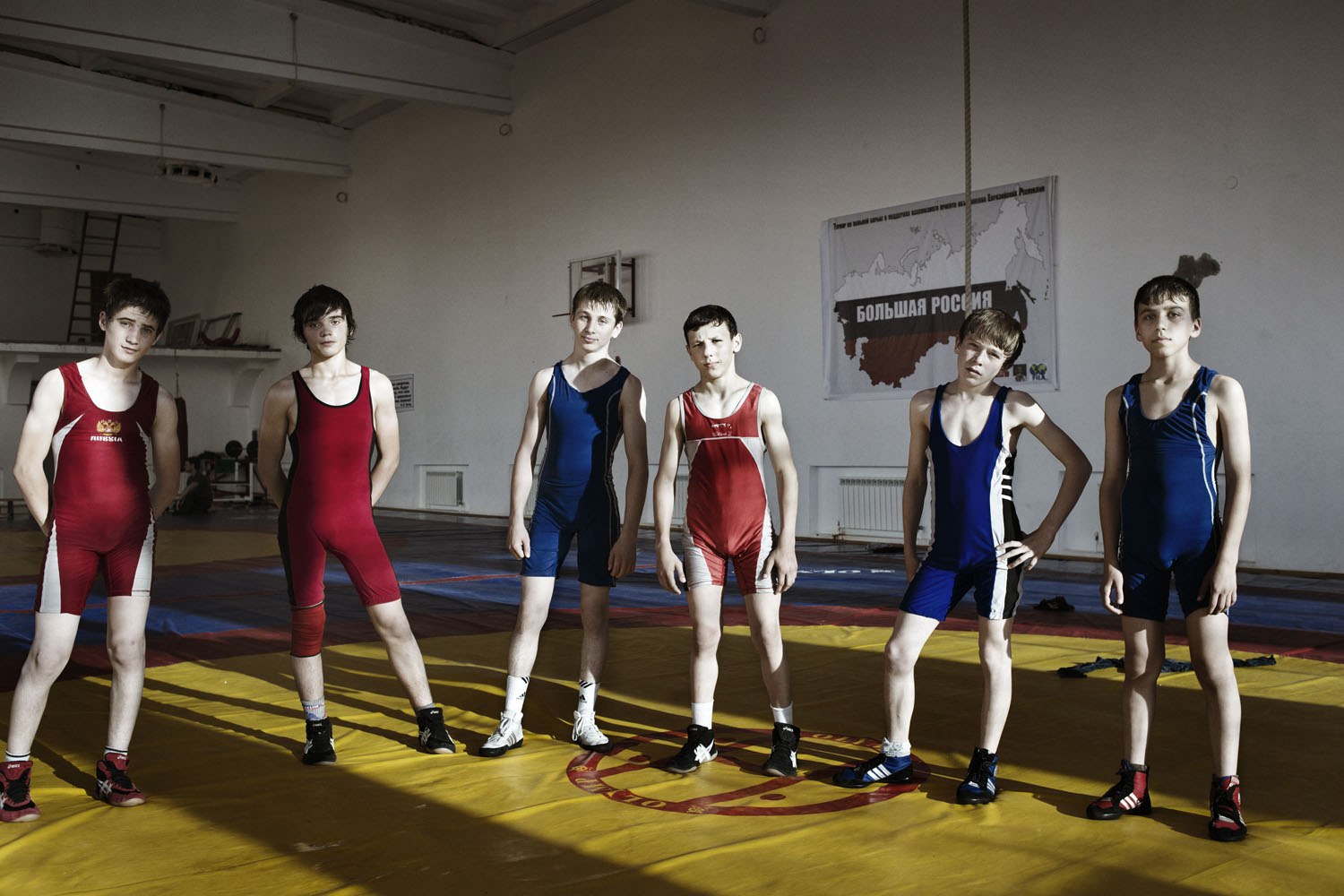
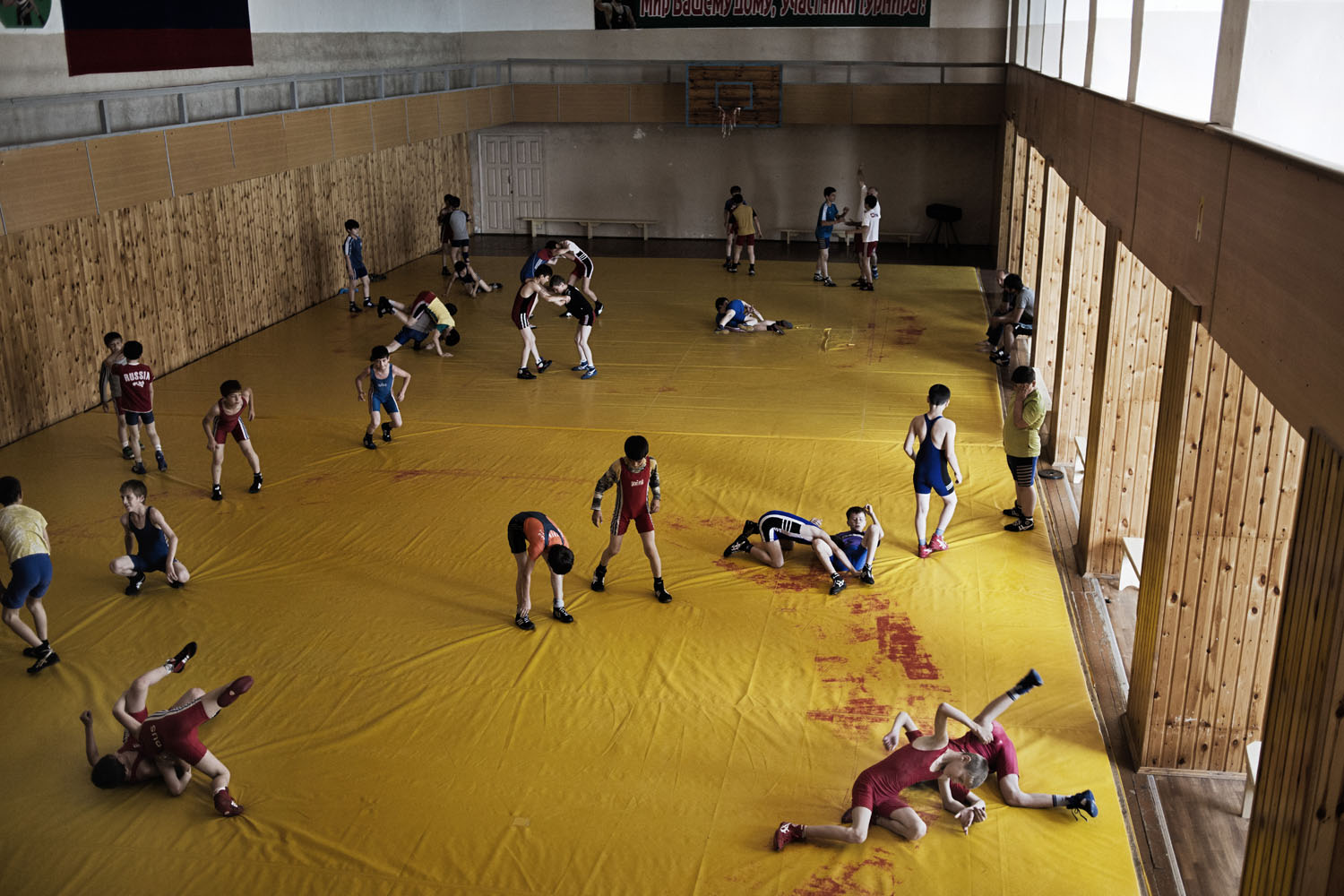
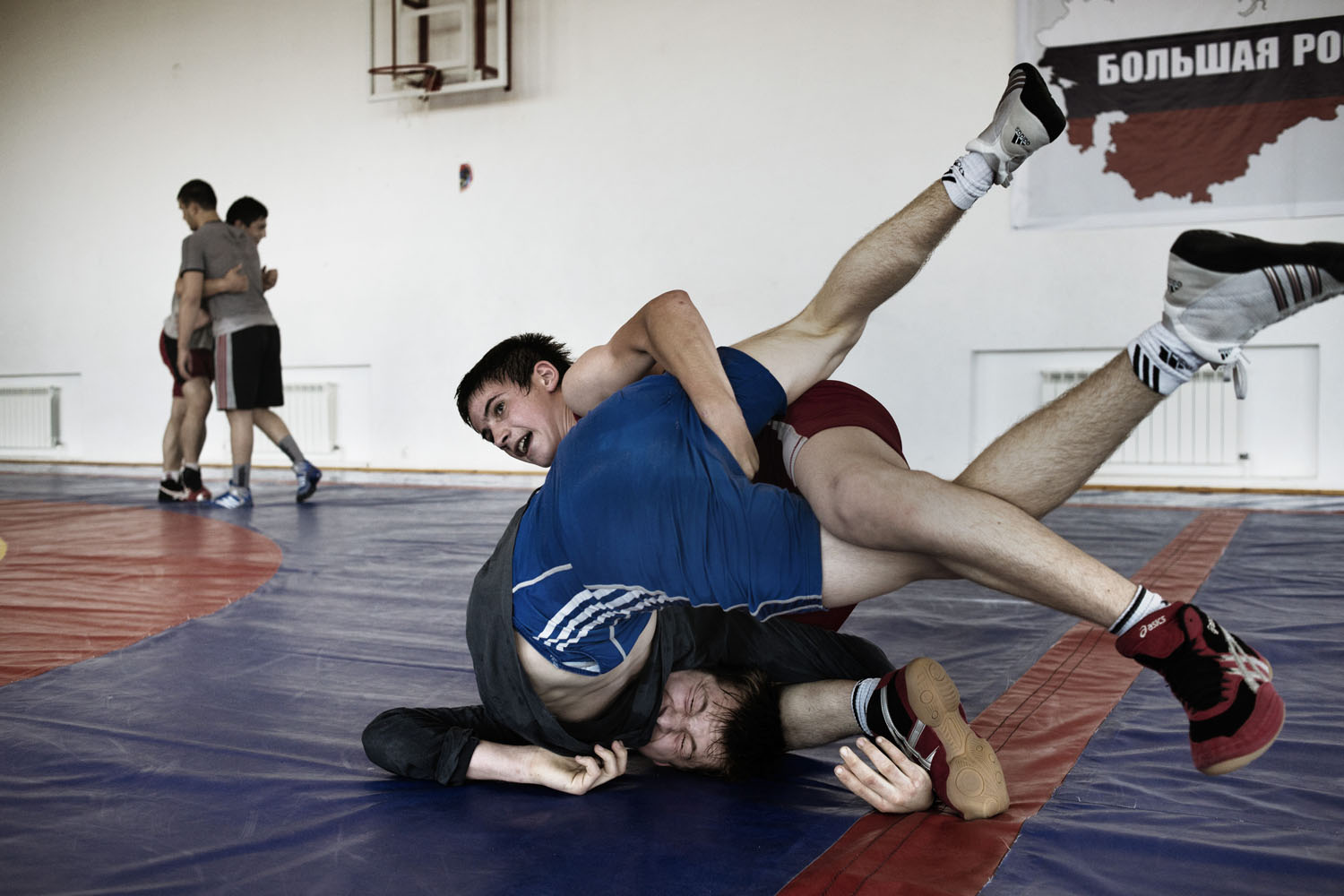
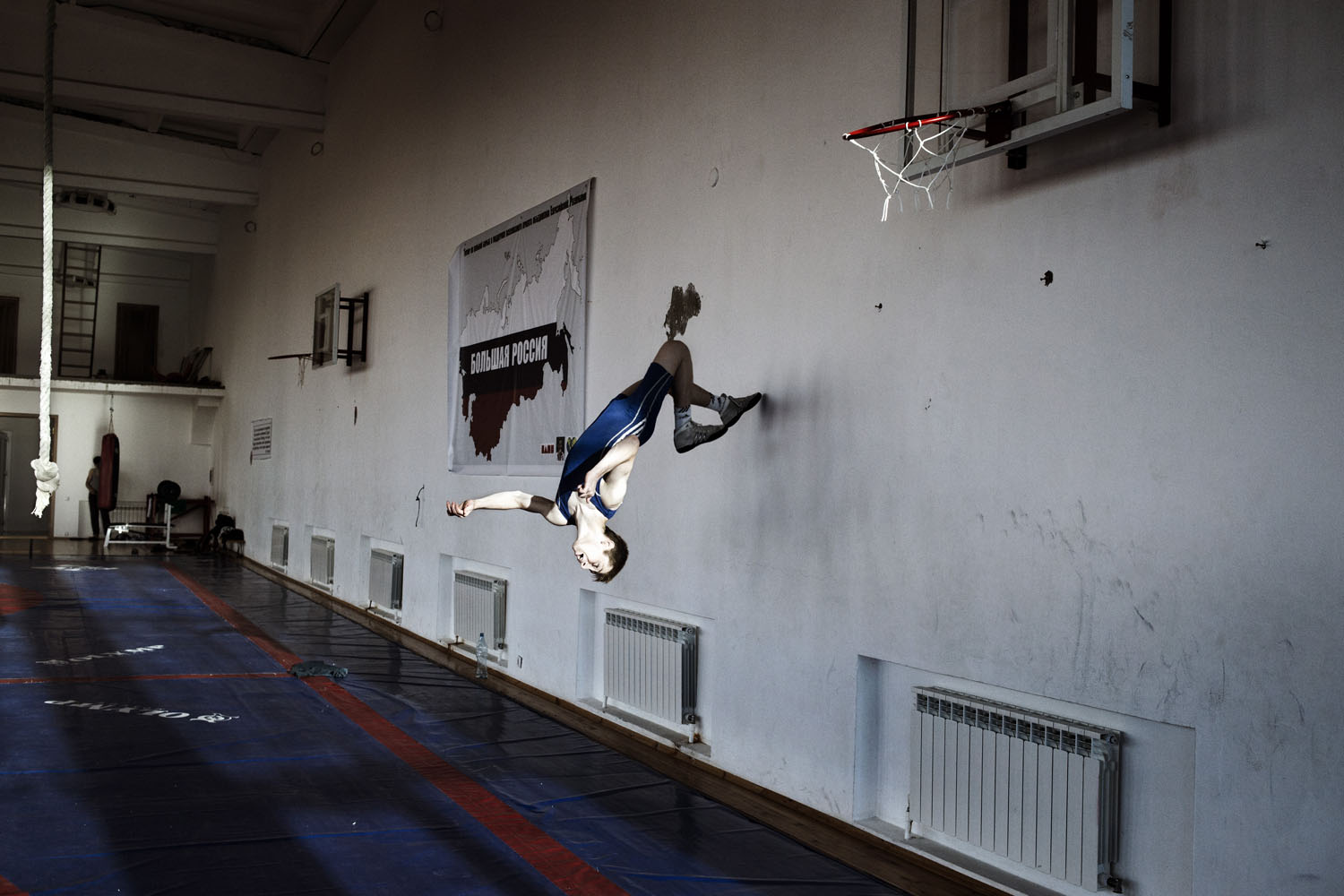
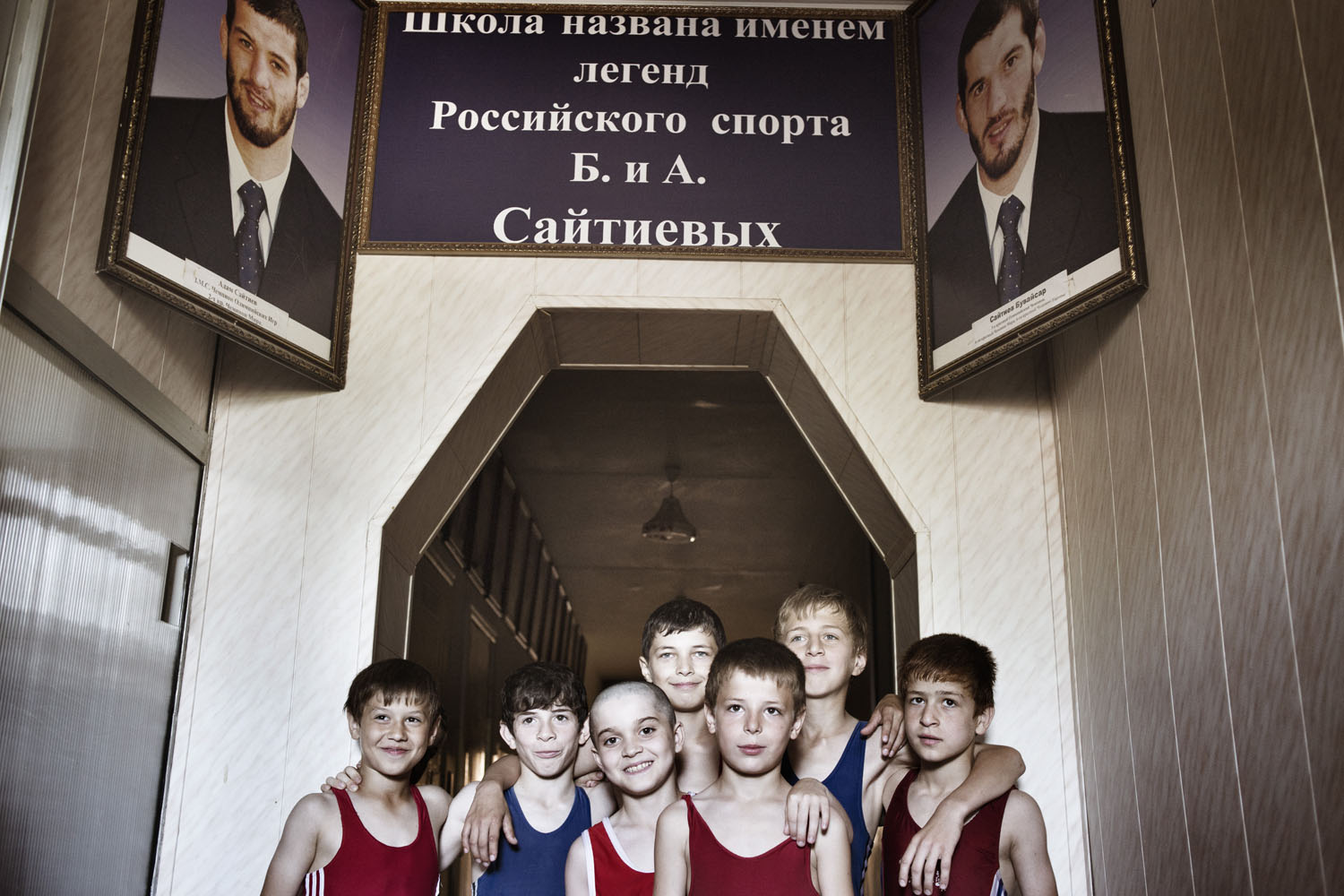
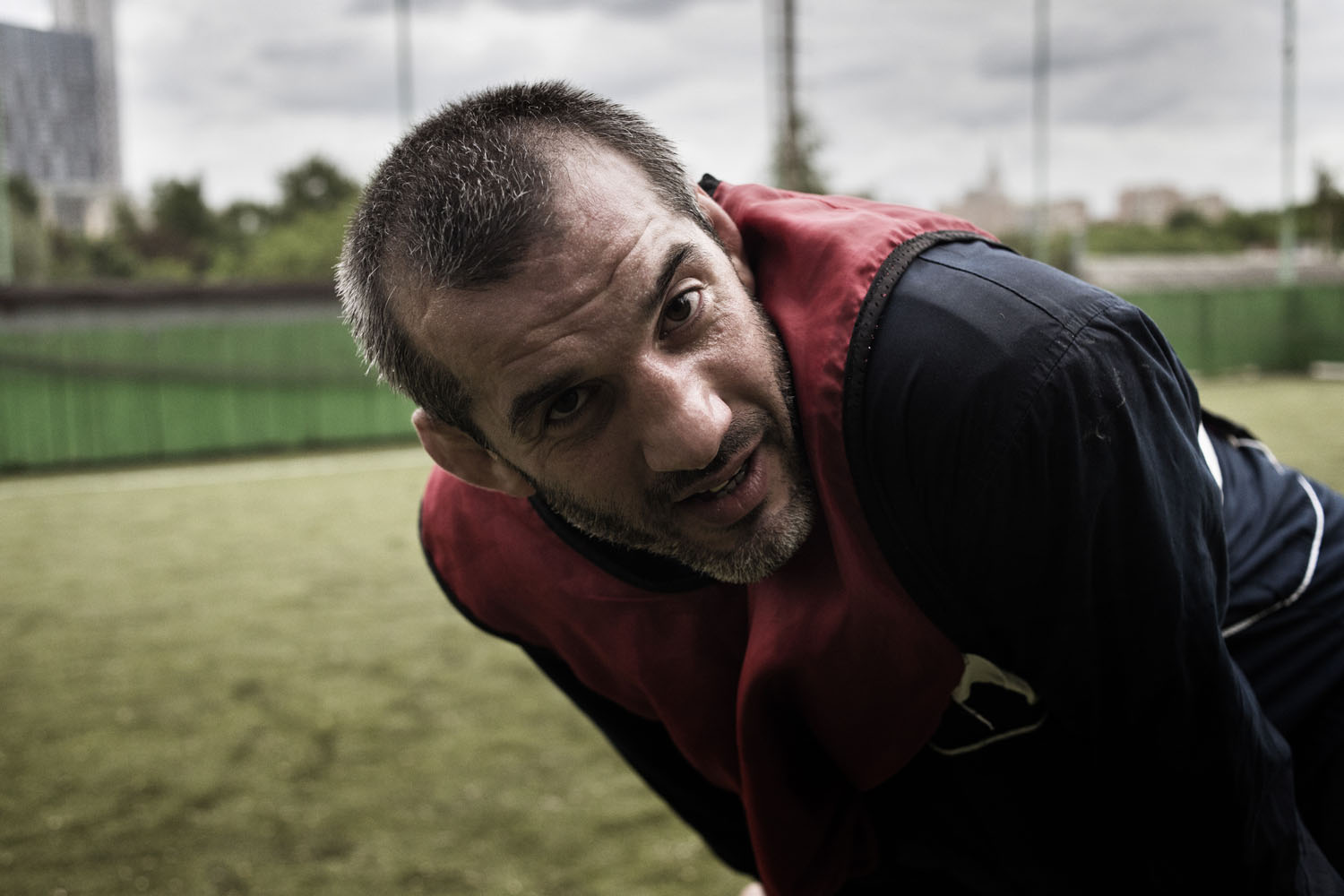
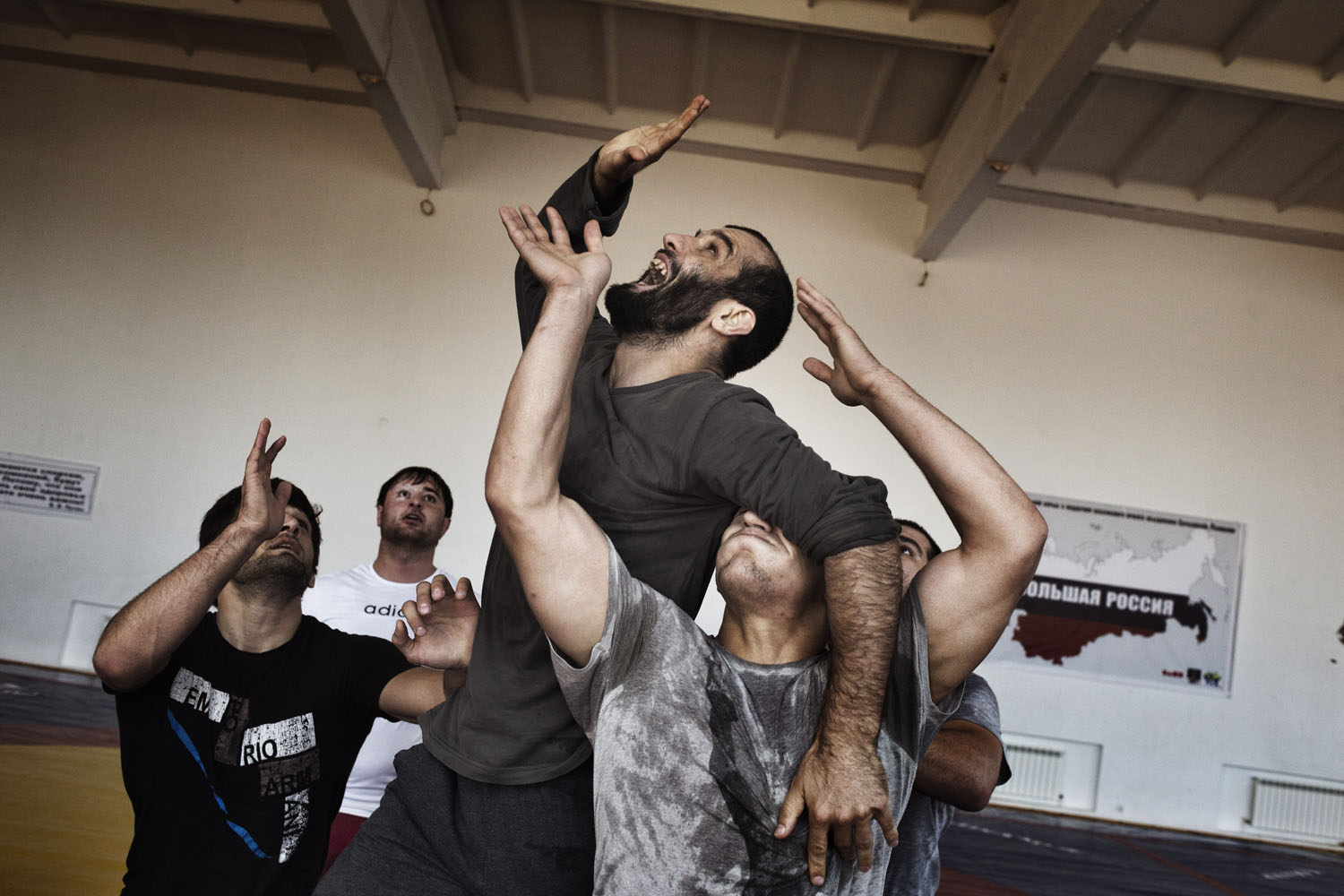
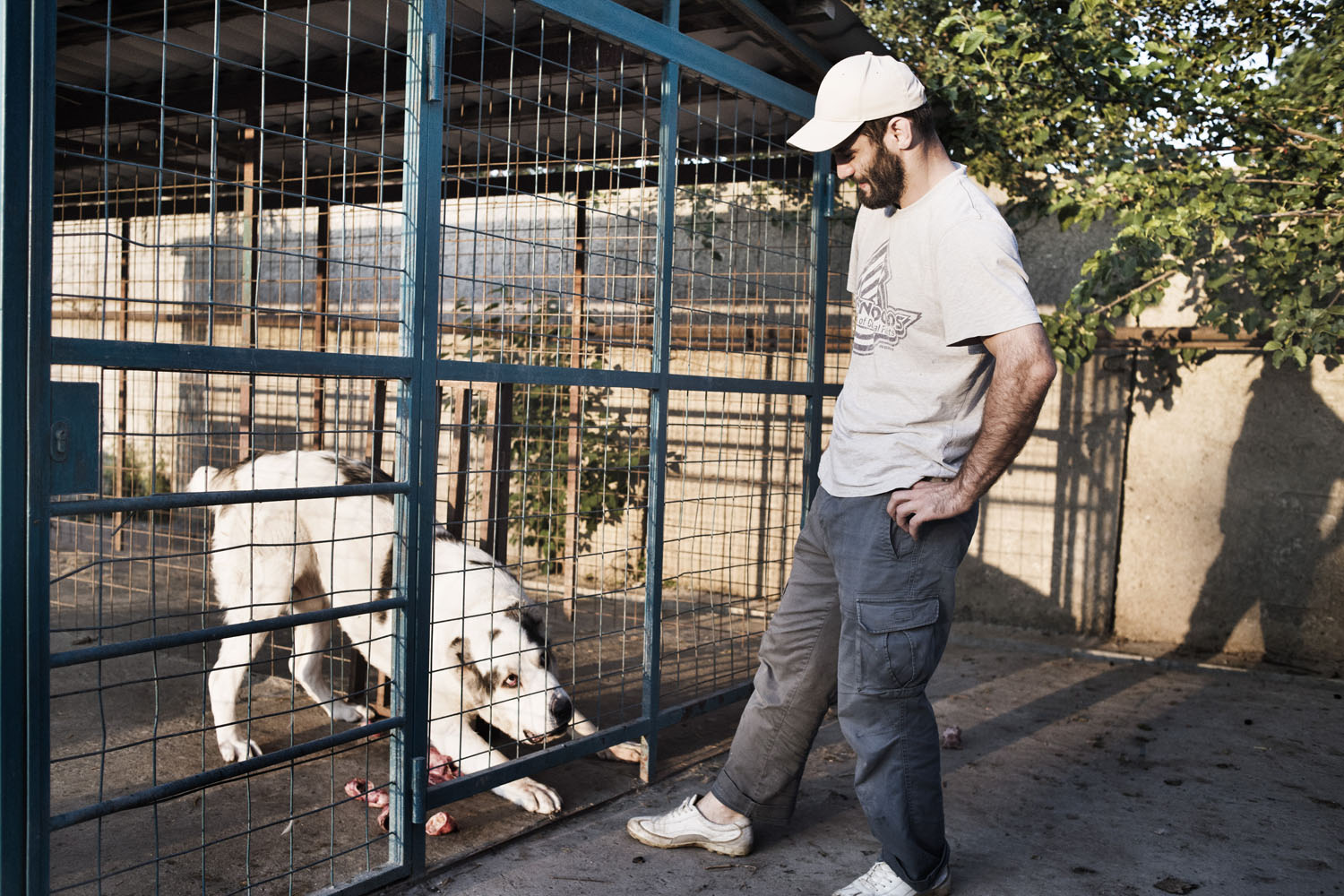
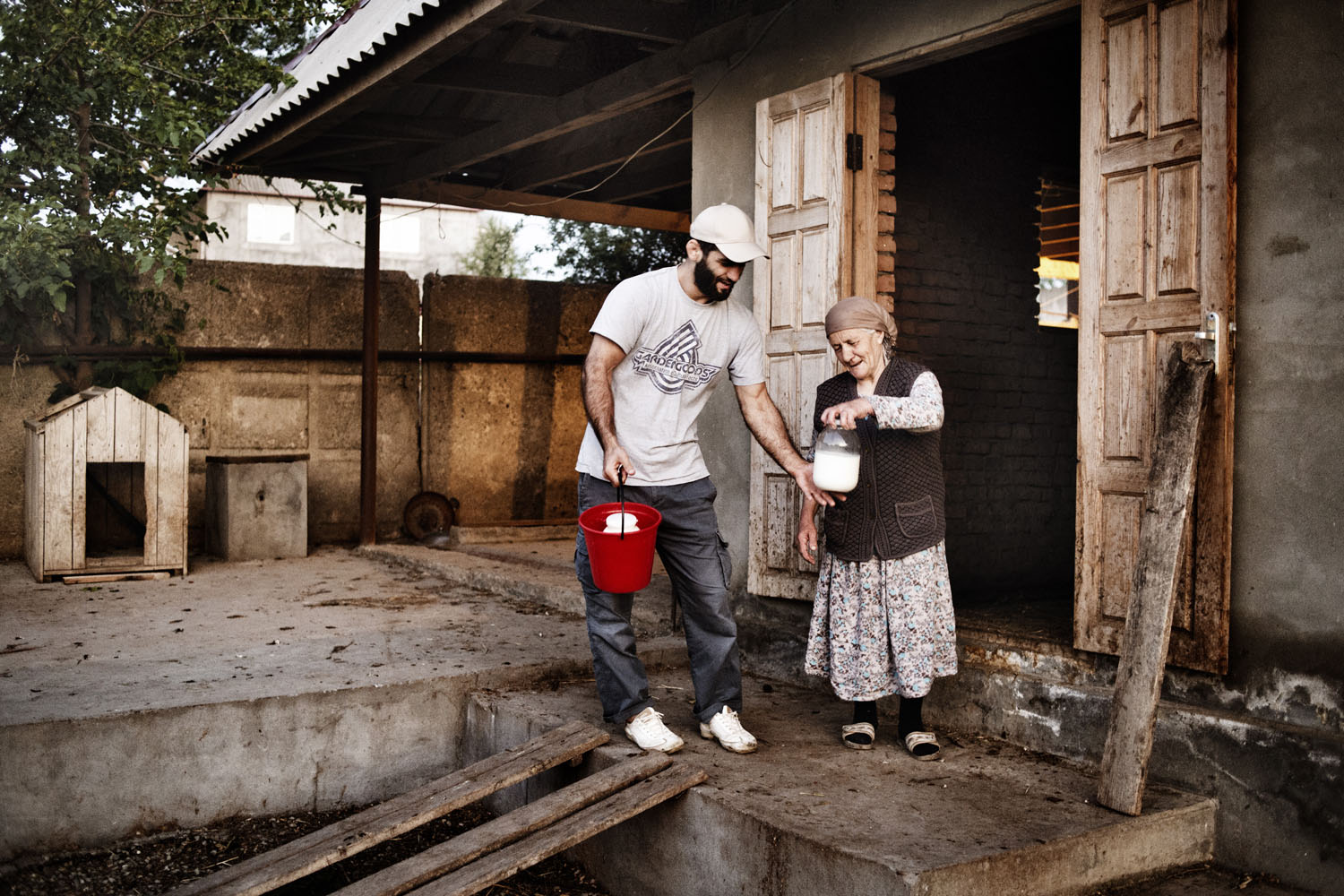
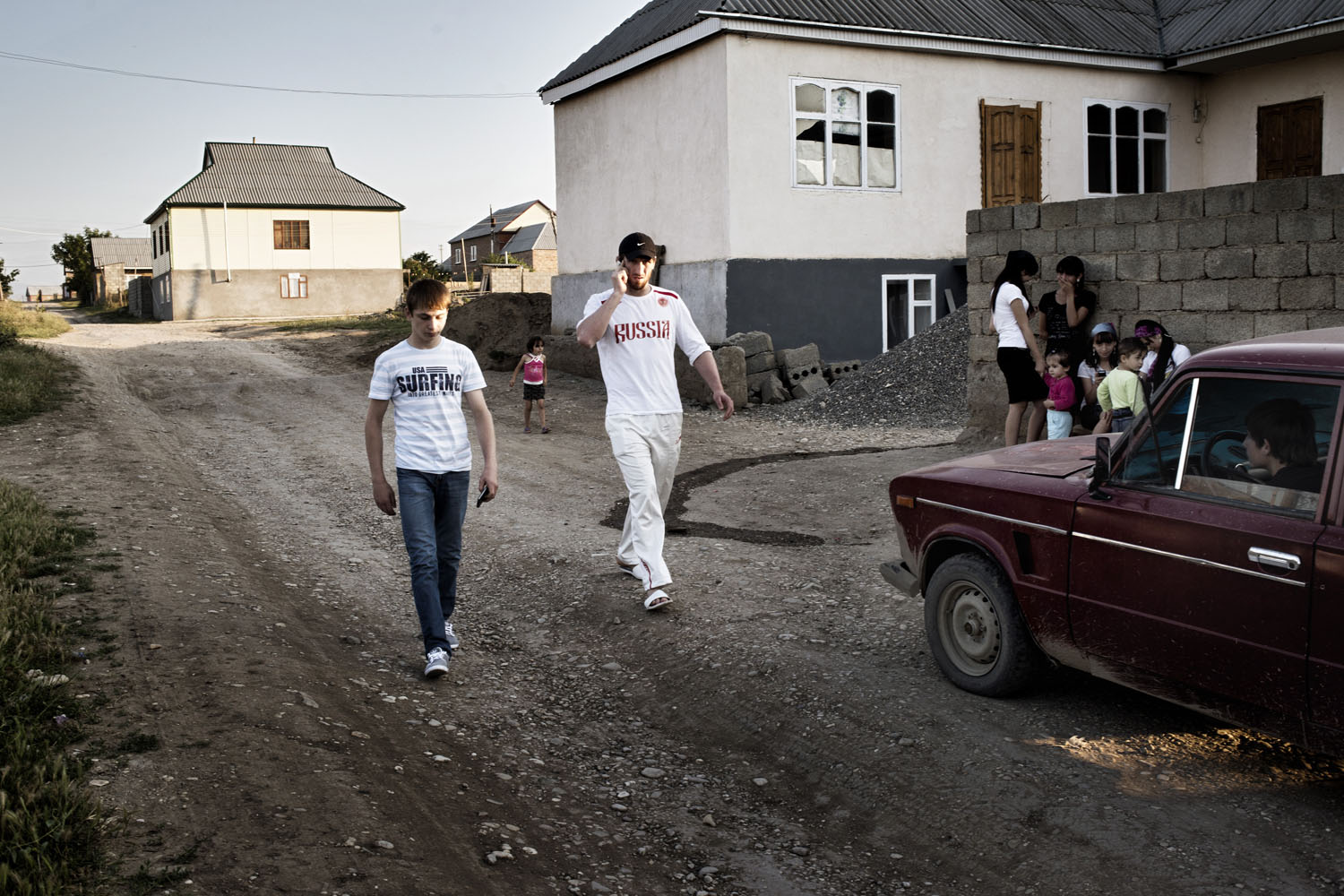
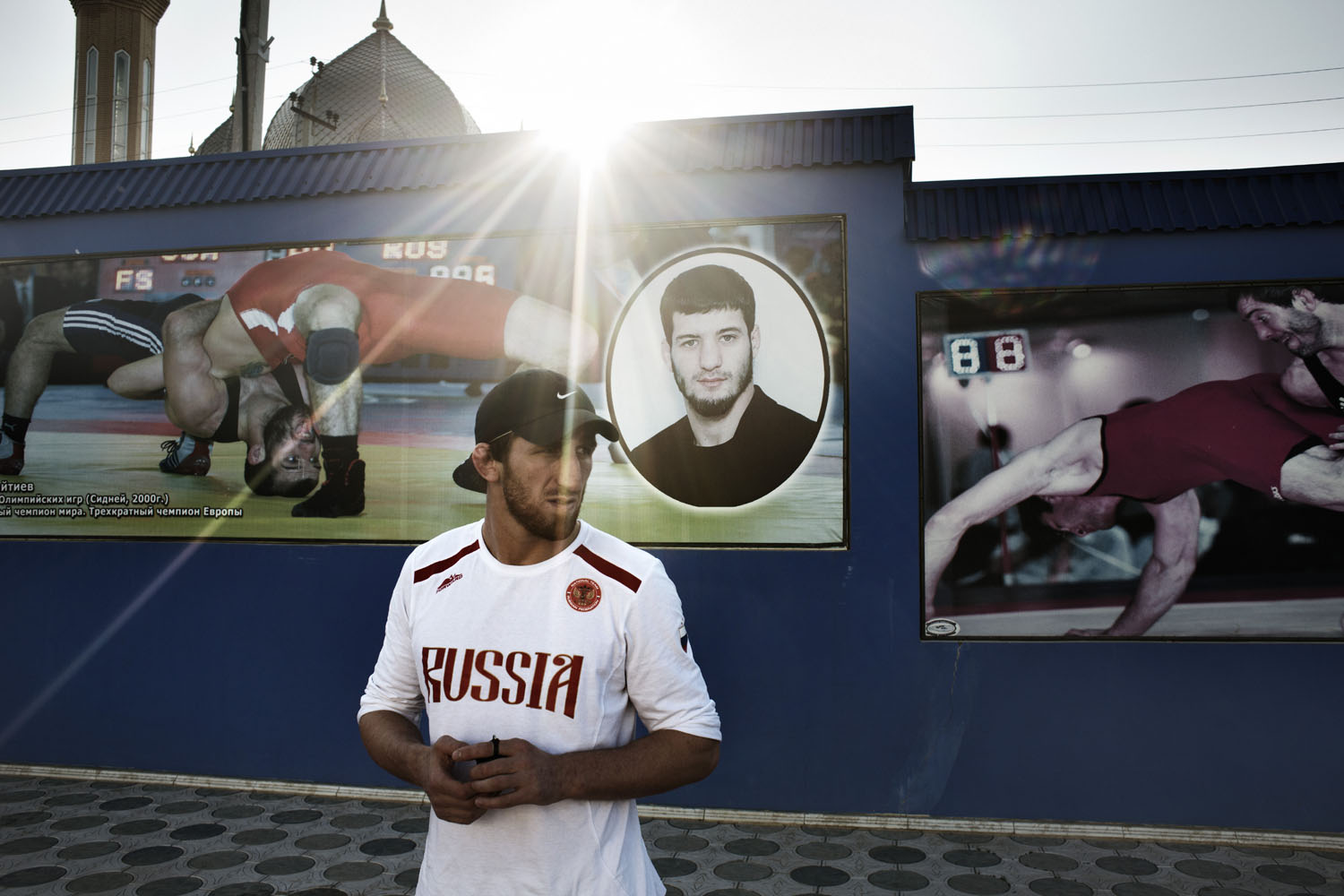
More Must-Reads from TIME
- Cybersecurity Experts Are Sounding the Alarm on DOGE
- Meet the 2025 Women of the Year
- The Harsh Truth About Disability Inclusion
- Why Do More Young Adults Have Cancer?
- Colman Domingo Leads With Radical Love
- How to Get Better at Doing Things Alone
- Michelle Zauner Stares Down the Darkness
Contact us at letters@time.com